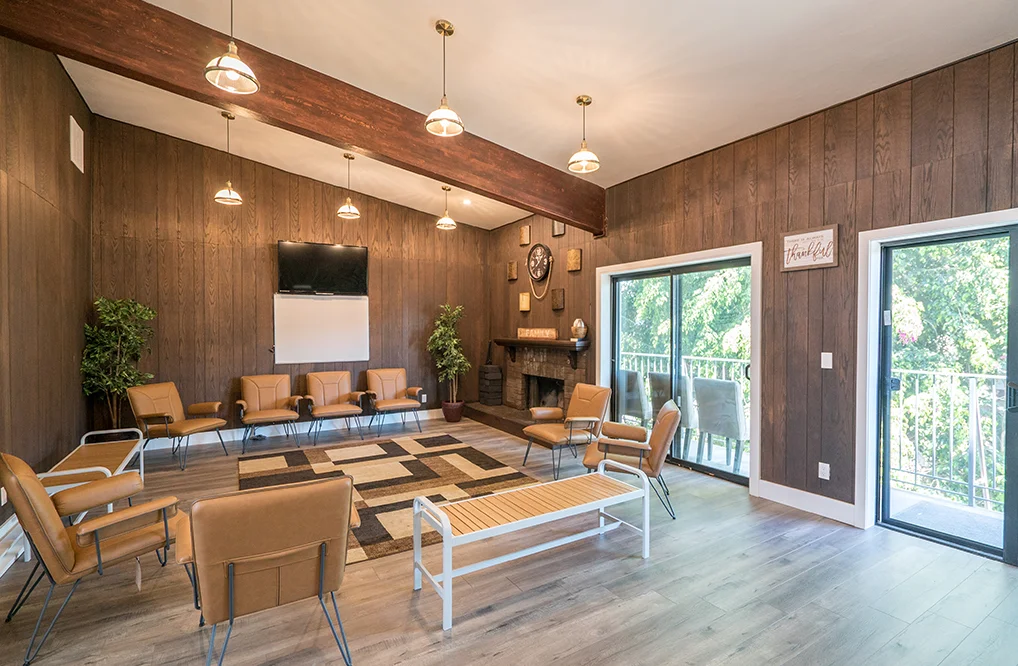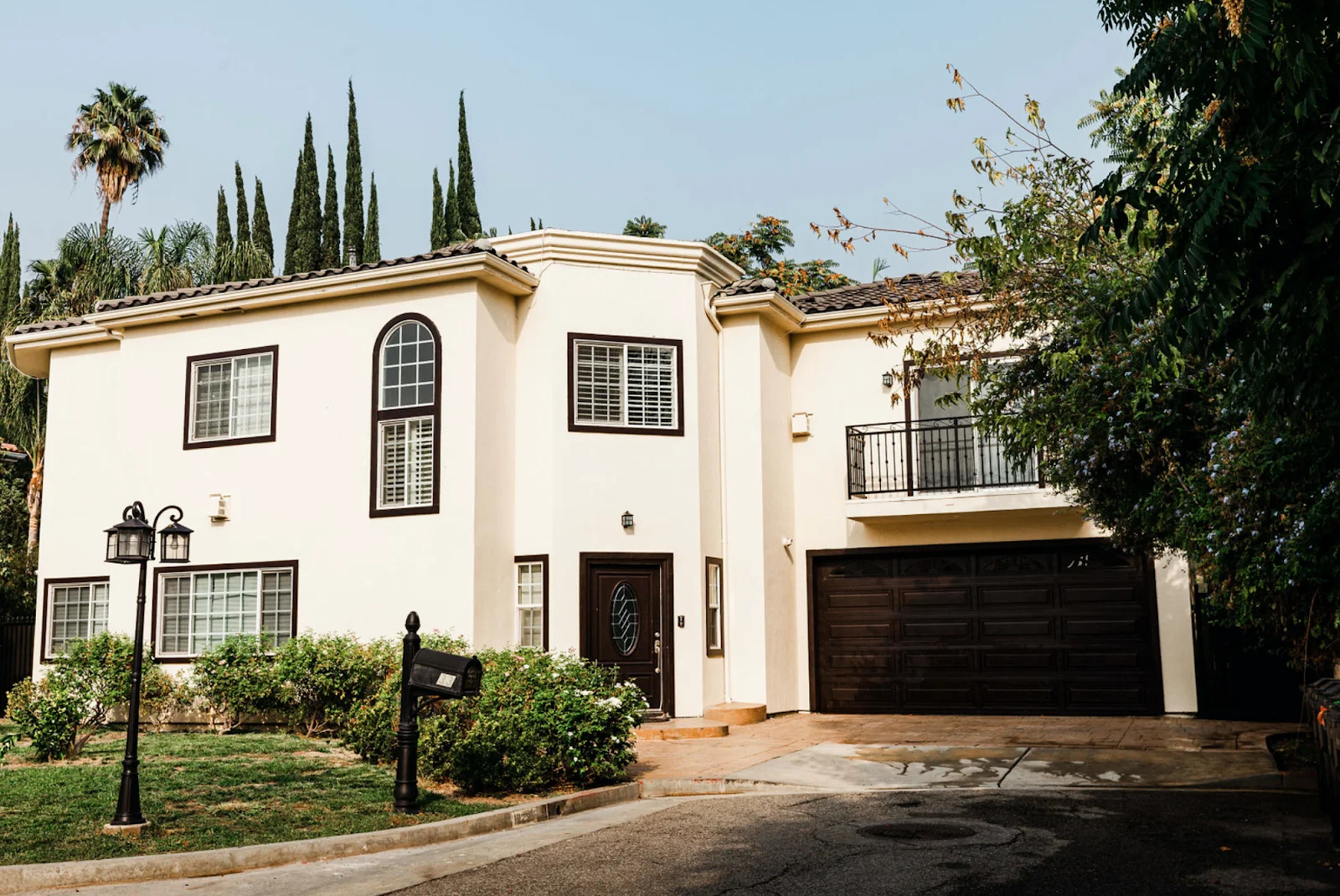Sanctuary Treatment Center, located in Tarzana, California, is a comprehensive recovery facility dedicated to helping men and women aged 18 and older overcome drug and alcohol addictions, as well as co-occurring mental health disorders. Among the many treatments available is the FDA-approved Medication-Assisted Treatment (MAT) detox program, this approach is designed to safely manage withdrawal symptoms for clients. The center also provides residential inpatient facilities for those who require intensive care in a structured environment. For clients who need a more flexible approach, Sanctuary offers an outpatient program that allows them to continue their treatment while daily responsibilities. To support long-term recovery, the center emphasizes a strong aftercare program, offering ongoing resources and support to help clients maintain sobriety.
The Center employs a diverse range of therapeutic modalities, all of which are evidence-based and aimed at addressing both the addiction and its underlying causes. These therapies include Cognitive Behavioral Therapy (CBT), Dialectical Behavior Therapy (DBT), Acceptance and Commitment Therapy (ACT), and Eye Movement Desensitization and Reprocessing (EMDR). In addition to individual therapy, the center also offers group therapy, family therapy, trauma-focused therapy, holistic approaches, neurofeedback, and Transcranial Magnetic Stimulation (TMS).
The center’s varying levels of care and comprehensive therapeutic offerings empower clients to heal physically, emotionally, and mentally, providing them with the tools and support necessary to live better lives beyond addiction. The commitment to excellence is underscored by its accreditation from The Joint Commission, reflecting the center’s dedication to maintaining the highest standards of care, safety, and ethical treatment practices. This recognition ensures that every client receives the best possible environment for their recovery, with the support needed to achieve and sustain long-term health and wellness.
Sanctuary Treatment Center Information
Treatment
Who We Treat
- Male and Female
Treatment Focus
- Co-Occurring Disorders
Approaches
- Individual Treatment
- Evidence-Based
- Family Therapy
- Cognitive Behavioral Therapy (CBT)
- Gestalt Therapy
- 1-on-1 Counseling
- Art Therapy
- Meditation & Mindfulness
- Eye Movement Therapy (EMDR)
- Transcranial Magnetic Stimulation (TMS)
Conditions We Treat
- Depression
- Anxiety
- Bipolar Disorder
- Post Traumatic Stress Disorder (PTSD)
- Grief & Loss
- Suicidal Thoughts
- Codependency
- ADHD/ADD
- Grief and Loss
- Bipolar
- Chronic Pain Management
- Suicidality
- Co-Occurring Disorders
Substances We Treat
- Alcohol
- Benzodiazepines
- Heroin
- Opioids
- Cocaine
- Methamphetamine
- Synthetic Stimulants (Bath Salts)
- Synthetic Drugs
Languages
- English
Aftercare
- Support Meetings
Level of Care
- Outpatient Detox
- Detox
- Residential Rehab
- Co-Occurring Mental Health
Experience
On-Site Amenities
- Pool
- Access to Nature
- Basketball Court
- Hot Tub
Personal Amenities
- Air-Conditioned Rooms
- Private or Shared Rooms
- Shared Bathroom
Off-Site Amenities
- Fitness Center
On-Site Activities
- Yoga
- Physical Fitness
- Swimming
Accreditations
-
The Joint Commission
The Joint Commission accreditation signifies that a facility has met rigorous standards of excellence in patient care, treatment, and safety. It assures individuals and healthcare professionals that the accredited facility provides high-quality, evidence-based care for addiction and mental health issues, fostering trust and confidence in their services.

Additional Locations
Sanctuary Treatment Center Accepts The Following Insurance Plans
Find the best treatment options. Call our free and confidential helpline today!






















